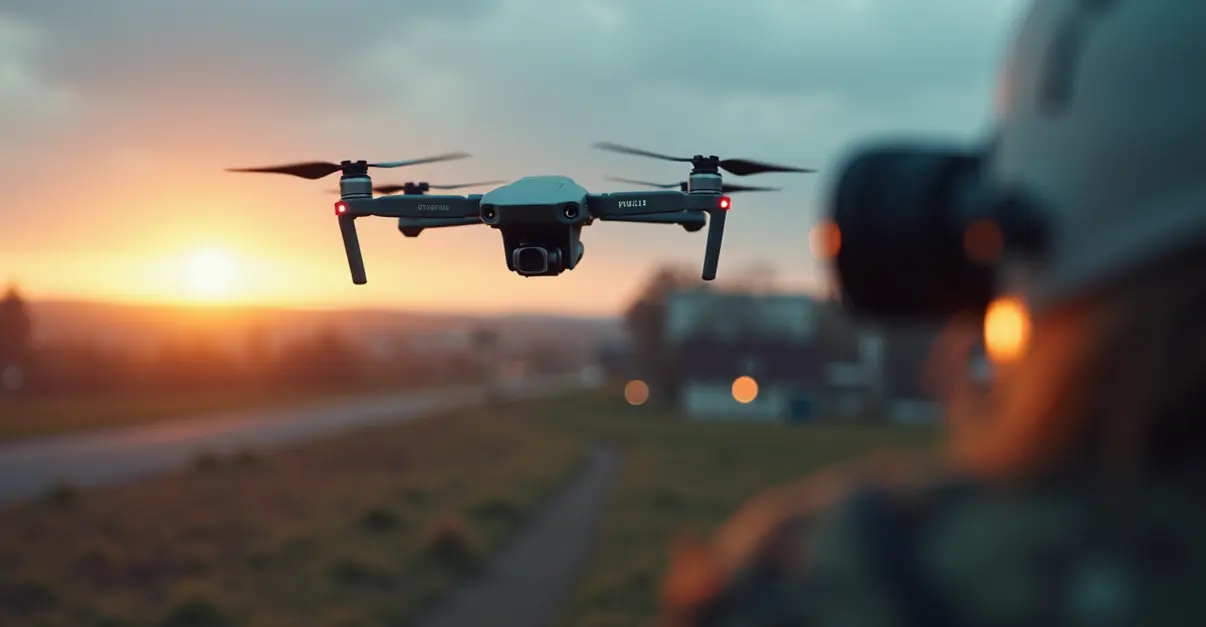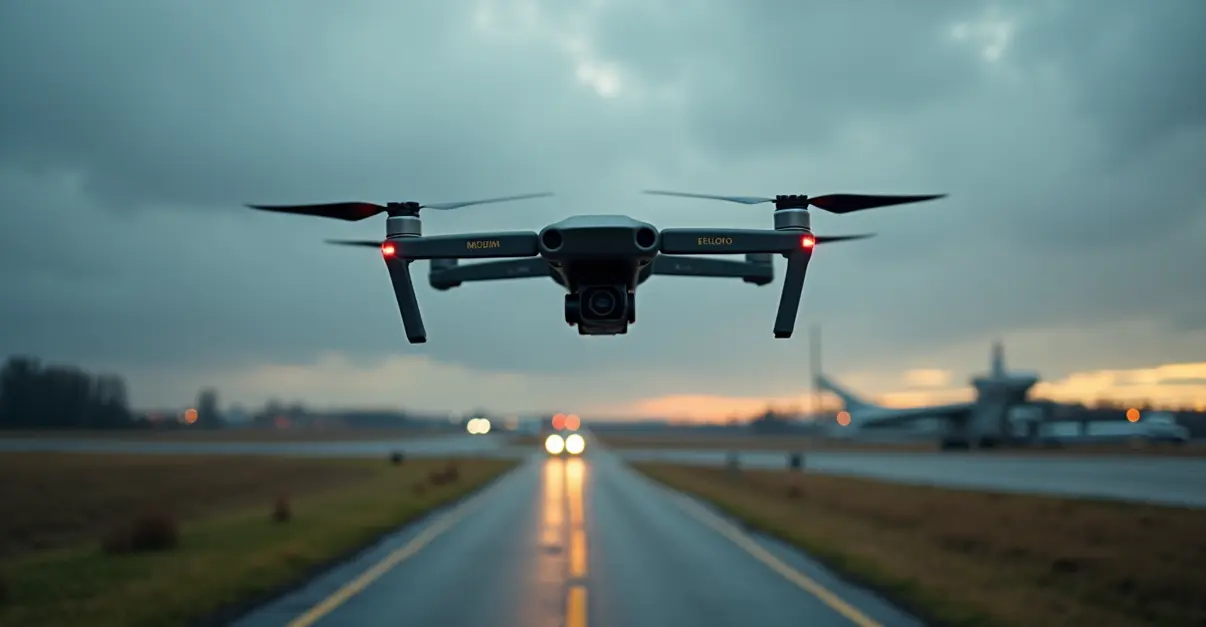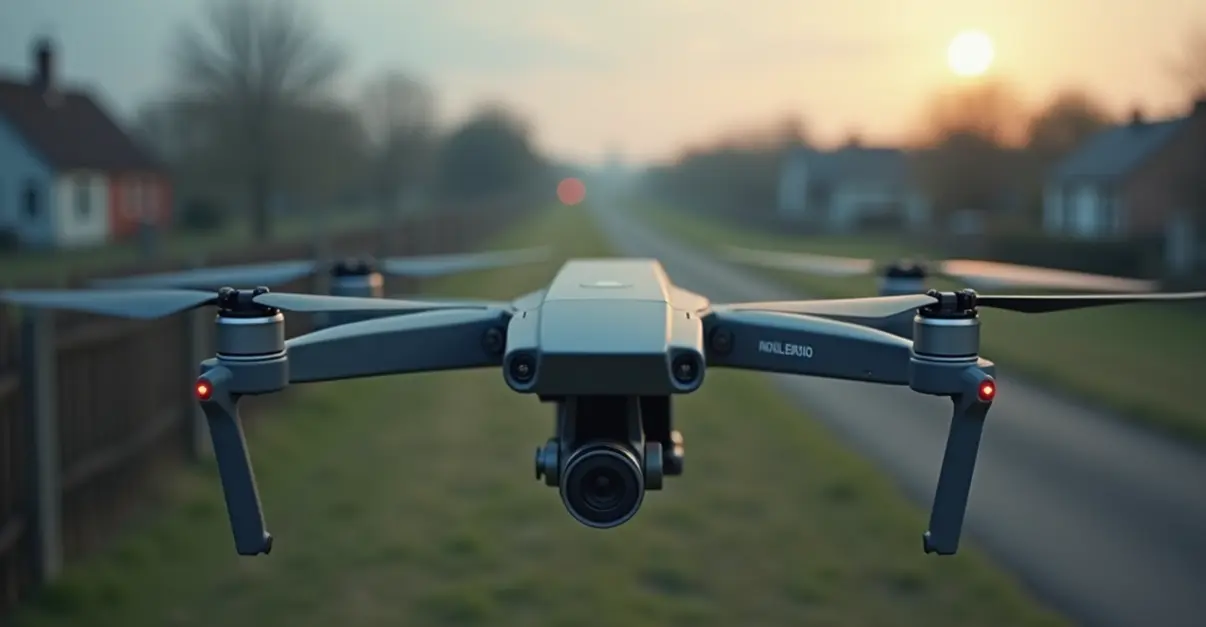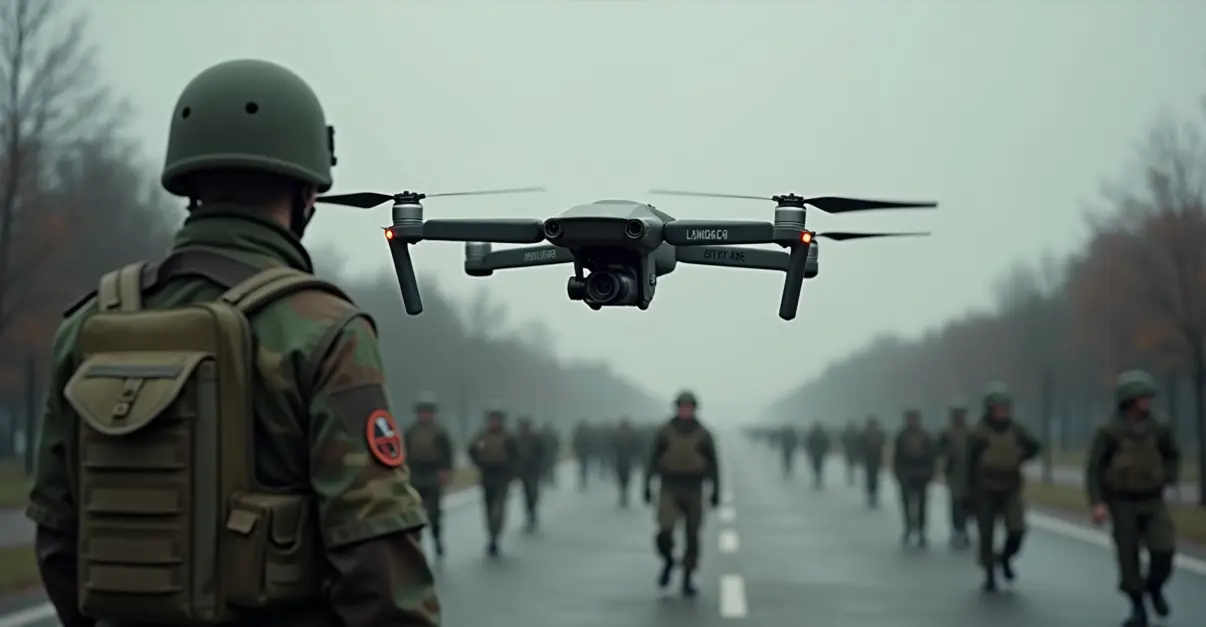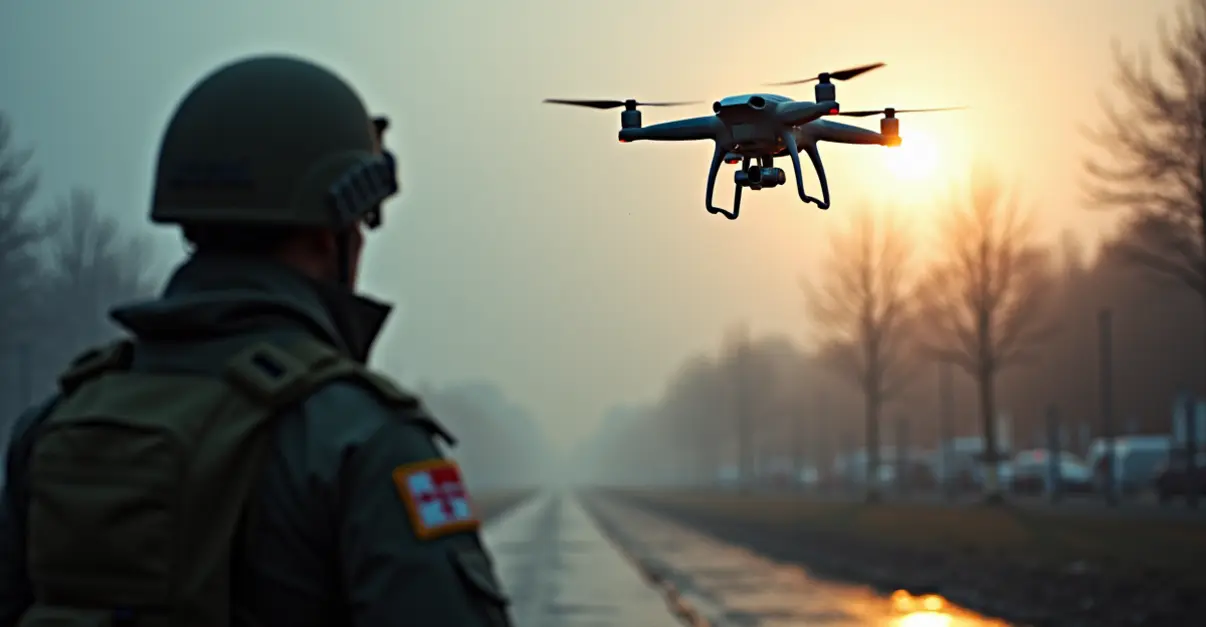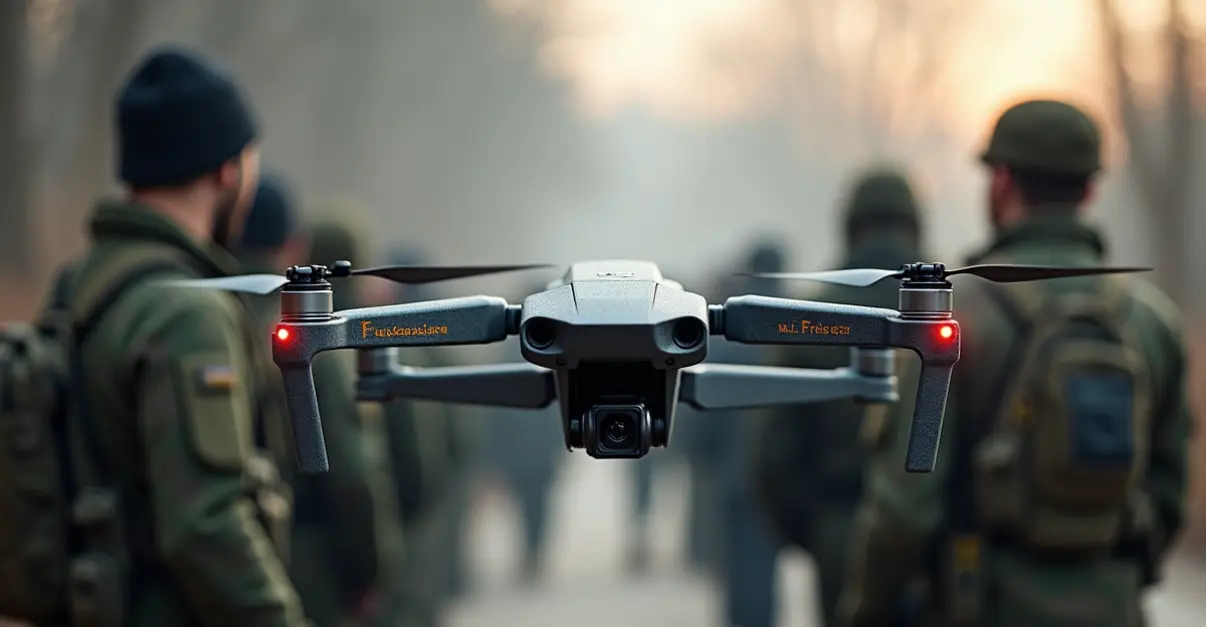Belgium Strengthens Air Defense Following Drone Threats
Belgium is taking decisive action to enhance its airspace security after a series of drone incidents disrupted airports and military bases across the country. Defense Minister Theo Francken announced the reinforcement of the National Air Security Center (NASC) in Bevekom following an emergency meeting of the National Security Council, which convened specifically to address the growing drone threat.
Enhanced Monitoring and Counter-Drone Systems
The government is allocating €50 million for counter-drone systems capable of detecting and intercepting unauthorized drones. 'We must not allow hostile drones on our territory and above our military bases. The mission and guidelines are clear: if possible, we will shoot them down,' Francken stated emphatically during the press conference. The minister has already discussed the situation with NATO Secretary General Mark Rutte and expects international support for Belgium's security measures.
The National Air Security Center, located in Bevekom, Walloon Brabant, will be significantly upgraded to provide security services with comprehensive airspace monitoring capabilities. 'This center will ensure all security services work together to get a global picture of the airspace,' explained Francken. The enhanced center aims to prepare Belgium for 'future challenges in air security' and represents a major step in modernizing the country's defense infrastructure.
Recent Drone Incidents and Russian Suspicions
The security concerns stem from multiple drone sightings over Brussels and Liège airports, as well as military bases at Kleine-Brogel and Florennes. These incidents have caused significant flight disruptions, with passengers forced to sleep at Brussels Airport following cancellations. Belgian security services strongly suspect Russian involvement in these coordinated drone operations.
According to intelligence assessments cited by VRT News, Russia is targeting Belgium due to its role in releasing frozen Russian assets held by Euroclear, the European clearing house based in Brussels. The drones have been observed flying in formation at night, indicating professional expertise beyond amateur capabilities. 'This is not the work of amateurs,' Francken confirmed, describing the operations as well-coordinated actions using professional resources.
Mandatory Drone Registration
In a significant policy shift, the Security Council has mandated that all drones and drone operators must be registered. Unregistered drones will automatically be considered hostile and subject to interception. As reported by NOS, this measure should make it easier for security services to identify and neutralize threatening drones.
The National Security Council meeting itself was noteworthy, as this body typically convenes only during disasters or terrorist attacks. The council includes the prime minister and vice prime ministers, ministers of Interior and Foreign Affairs, Defense and Justice, along with top officials from intelligence services and the crisis center.
International Context and Response
Belgium's drone incidents are part of a broader pattern affecting European security. Similar drone attacks have recently occurred in Denmark, also linked to Russia's 'shadow fleet.' Evidence suggests the drones may be controlled from ships up to 200 kilometers away, complicating detection and response efforts.
The Kleine-Brogel air base, which hosts US nuclear weapons and will receive F-35 fighter jets, has been particularly targeted, raising concerns about espionage and security breaches at sensitive military installations. The temporary closures of four civil airports - Brussels, Liège, Ostend, and Deurne - have demonstrated the vulnerability of critical infrastructure to drone threats.
As Belgium moves forward with its €50 million investment in counter-drone technology and enhanced air surveillance, the country is setting a precedent for how European nations can respond to emerging aerial threats in an increasingly complex security landscape.

 Nederlands
Nederlands
 English
English
 Deutsch
Deutsch
 Français
Français
 Español
Español
 Português
Português
